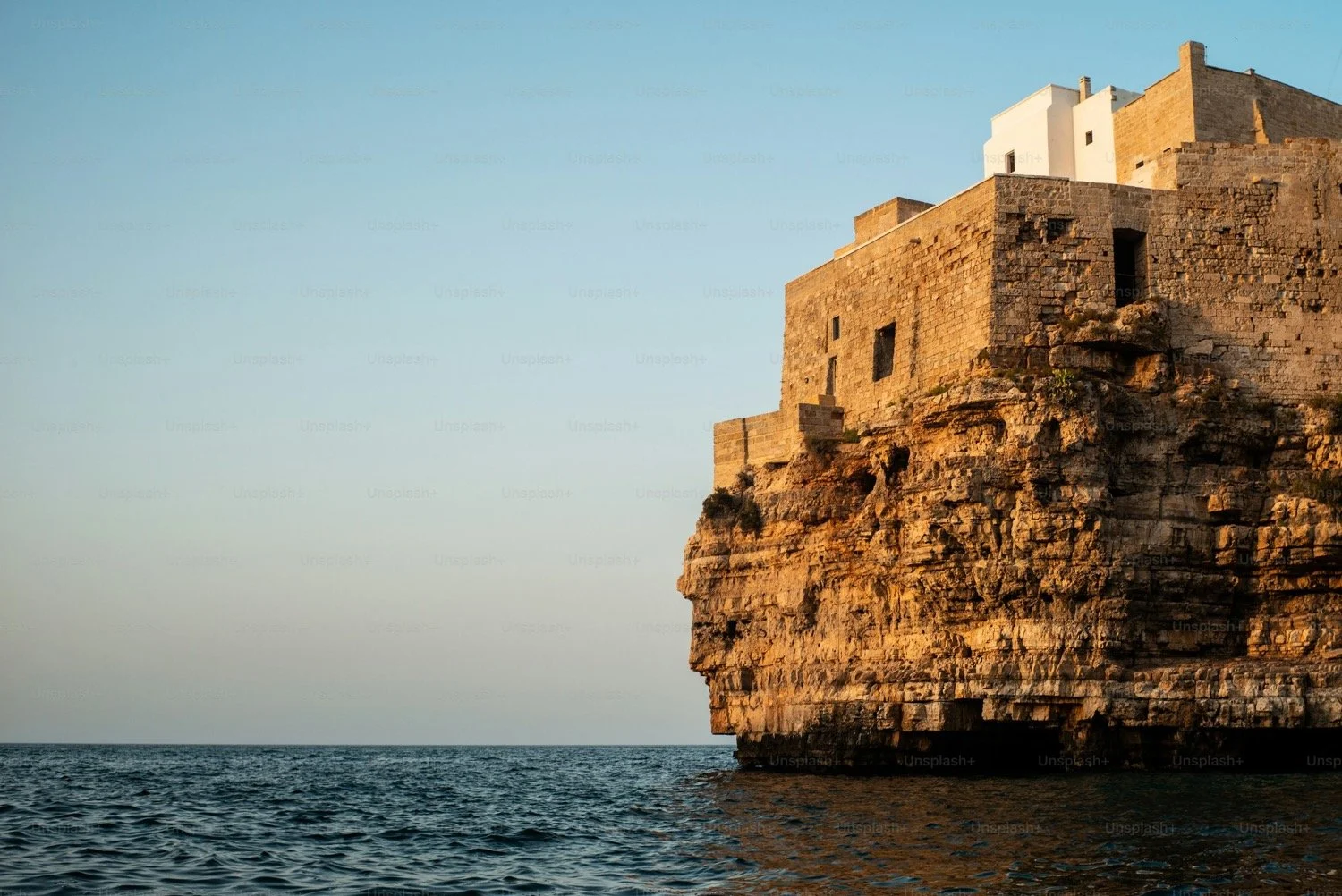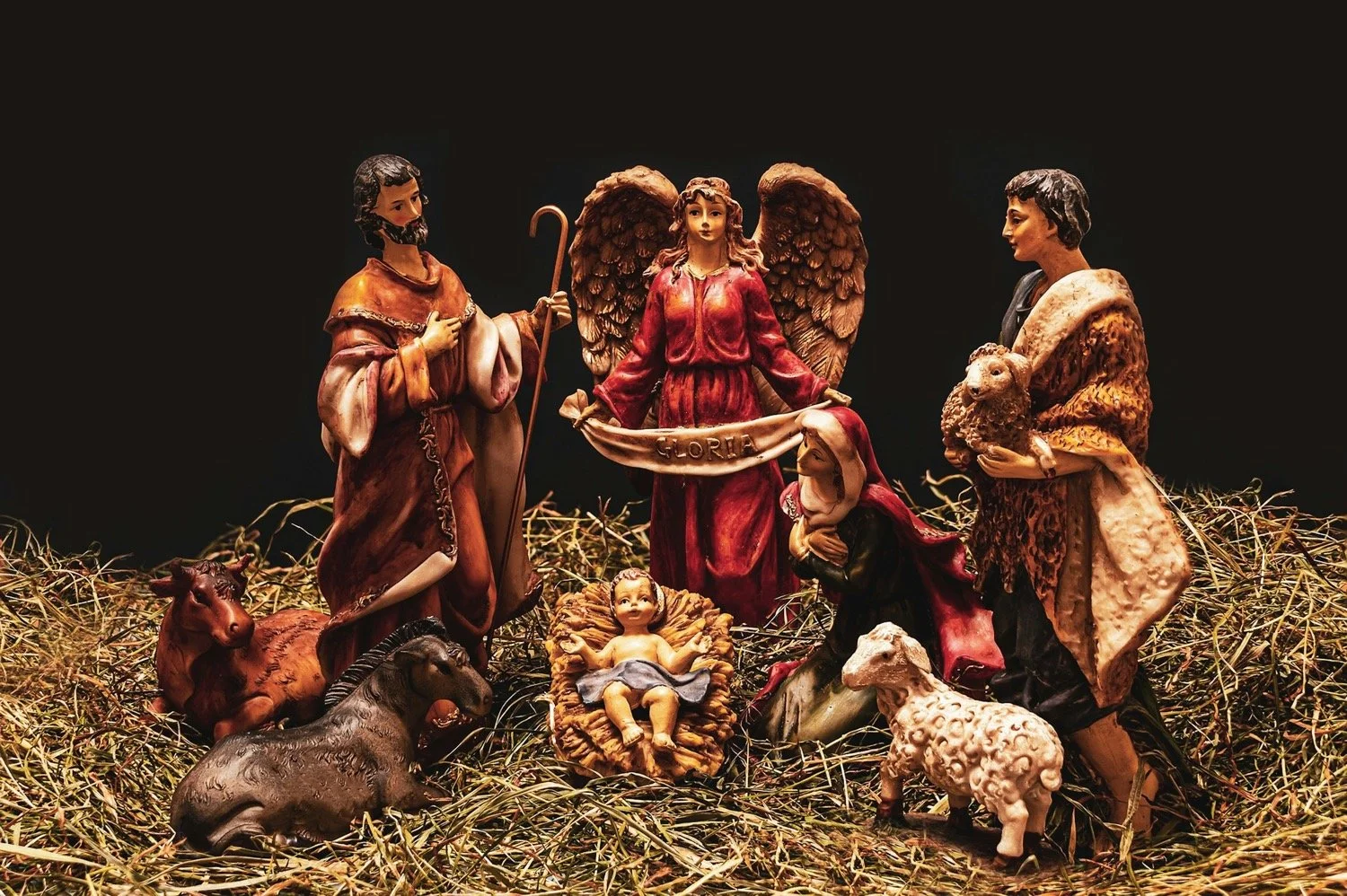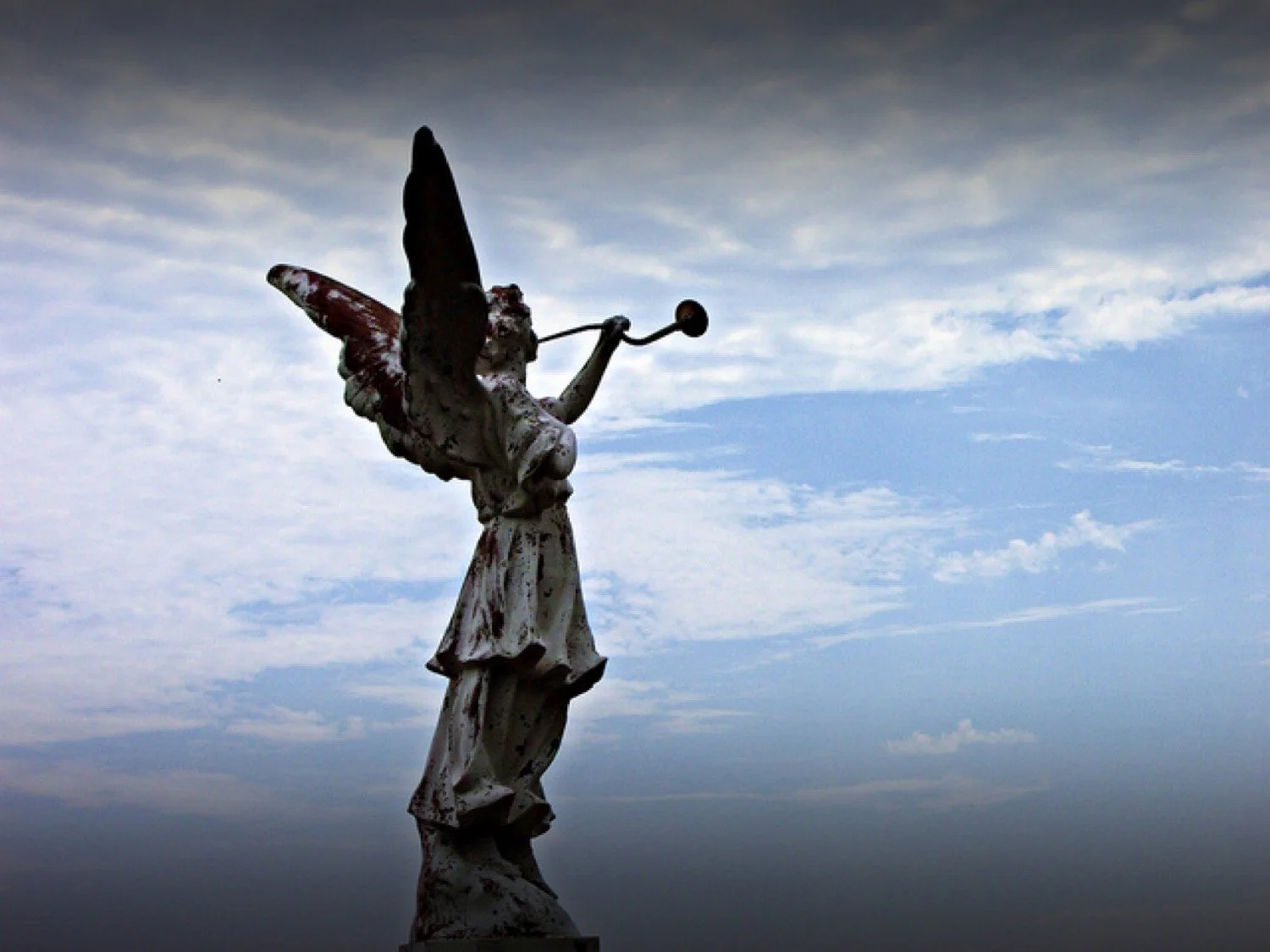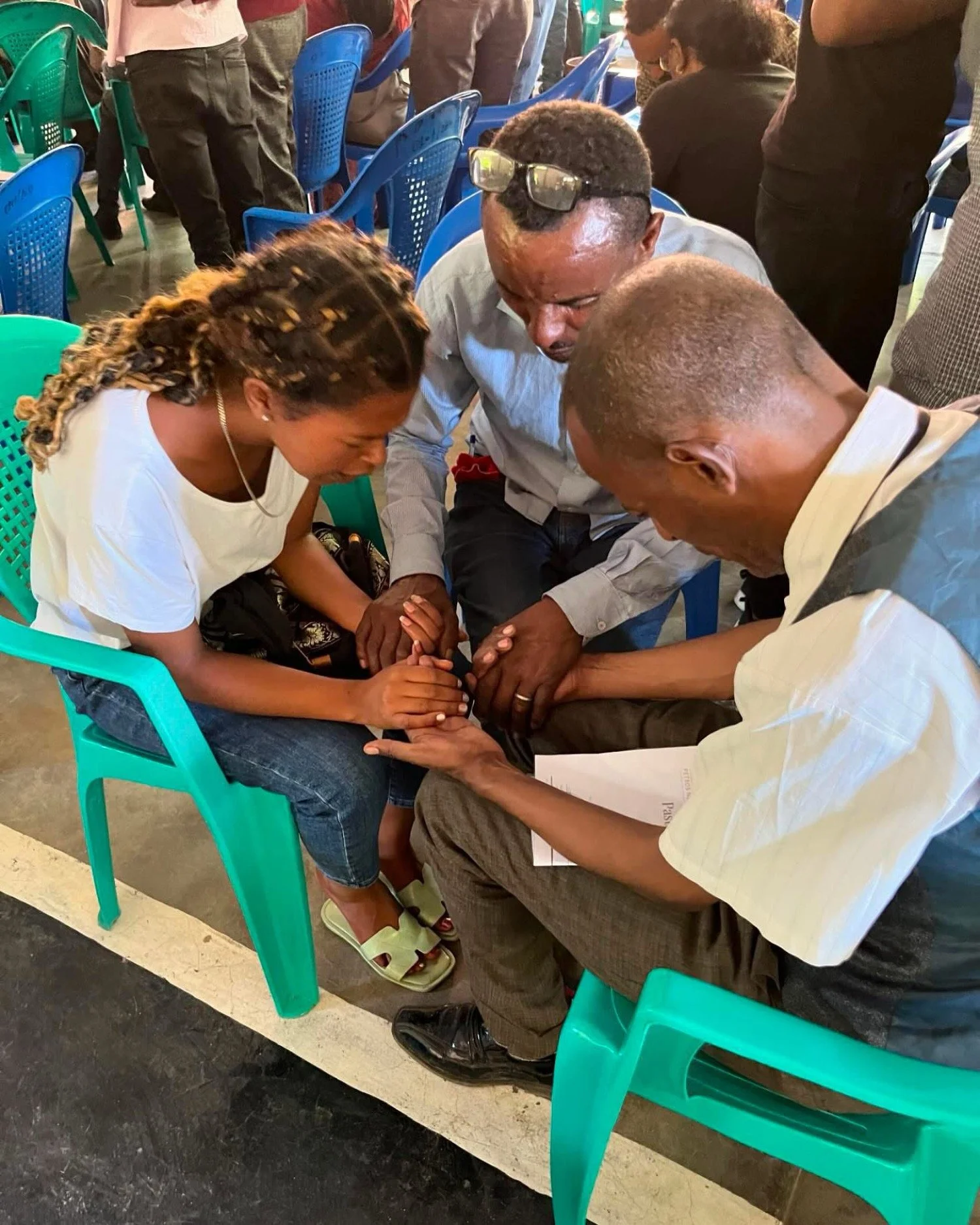Readings for today: 1 Corinthians 11-12, Psalms 146
God has given us everything we need to accomplish the plans He has for us. All the money we need. All the time we need. All the talent we need. All the resources we need. All the people we need. This has been a fundamental conviction of mine ever since I became a pastor over twenty years ago. It’s been true in every church I’ve served no matter the size. Attendance doesn’t matter. Budget doesn’t matter. Buildings don’t matter. Property doesn’t matter. All that matters is God’s will for that individual church because every single church has been designed specifically by God to accomplish His plan and purpose in their particular community or context.
The challenge, of course, is that each church has to commit to putting God’s mission first. They have to seek God’s Kingdom first. They have to submit to God’s will and God’s timing and God’s ways. And this has always been a challenge for the church. Even in the first century. Even among the early Christians. The temptation is always to seek our will and our way and our timing and our desires and our plans rather than God’s. Consider what we’ve been reading in 1 Corinthians. The Apostle Paul confronts the Christians in Corinth multiple times over their tendency to divide. They do not look to the needs of others. They do not consider others better than themselves. They even take the gifts God has given them and use them for self-promotion. The result is a fractured church. A broken church. A church that is weak and impotent and ineffective.
So Paul gently but firmly guides them back to some fundamental principles. “Now there are different gifts, but the same Spirit. There are different ministries, but the same Lord. And there are different activities, but the same God works all of them in each person. A manifestation of the Spirit is given to each person for the common good…One and the same Spirit is active in all these, distributing to each person as he wills.” (1 Corinthians 12:4-7, 11 CSB) Everything the Corinthians have has been given to them by God through the Holy Spirit. None of it is theirs to own. None of it has been earned. None of it is deserved. The Spirit has simply distributed the gifts as He sees fit and His desire is to see the Corinthians use those gifts in concert with each other for the common good. The Corinthians can’t get caught up playing the comparison game. “If the foot should say, “Because I’m not a hand, I don’t belong to the body,” it is not for that reason any less a part of the body. And if the ear should say, “Because I’m not an eye, I don’t belong to the body,” it is not for that reason any less a part of the body. If the whole body were an eye, where would the hearing be? If the whole body were an ear, where would the sense of smell be? But as it is, God has arranged each one of the parts in the body just as he wanted. And if they were all the same part, where would the body be?” (1 Corinthians 12:15-19 CSB) A healthy church needs all the gifts just like a healthy body needs all the parts. And God has ordered the different parts of the body in particular ways so that there would be no division and everyone would support and uplift and encourage and care for each other. “Instead, God has put the body together, giving greater honor to the less honorable, so that there would be no division in the body, but that the members would have the same concern for each other.” (1 Corinthians 12:24-25 CSB)
I’ve served the church for almost thirty years now in various capacities. Over twenty of those as an ordained pastor. I’ve led churches. I’ve counseled churches. I’ve consulted with churches. I’ve helped churches heal from conflict and division. I’ve walked with churches through forgiveness and reconciliation. I love the church with all my heart. She is beautiful even in her brokenness. And she is God’s chosen instrument to bring the message of the gospel to the world. When she reflects the biblical pattern God has set for her, she can accomplish incredible miracles. I’ve seen it firsthand. I’ve been blessed to experience it in several different contexts. Inside a prison in Trenton, NJ. Among the poorest of the poor in rural villages in South Sudan, Uganda, and Ethiopia. In a racially divided and economically depressed area of Mobile, AL. And in my current context…a wealthy suburb of Denver, CO. God is doing amazing things through His church in each of these places and the key to unlocking our potential as God’s people is to trust God, seek His will, and serve His mission. As a friend of mine likes to say, “If we take care of the things God cares about, He will take care of the things we care about.”
Readings for tomorrow: 1 Corinthians 13-14, Psalms 147




